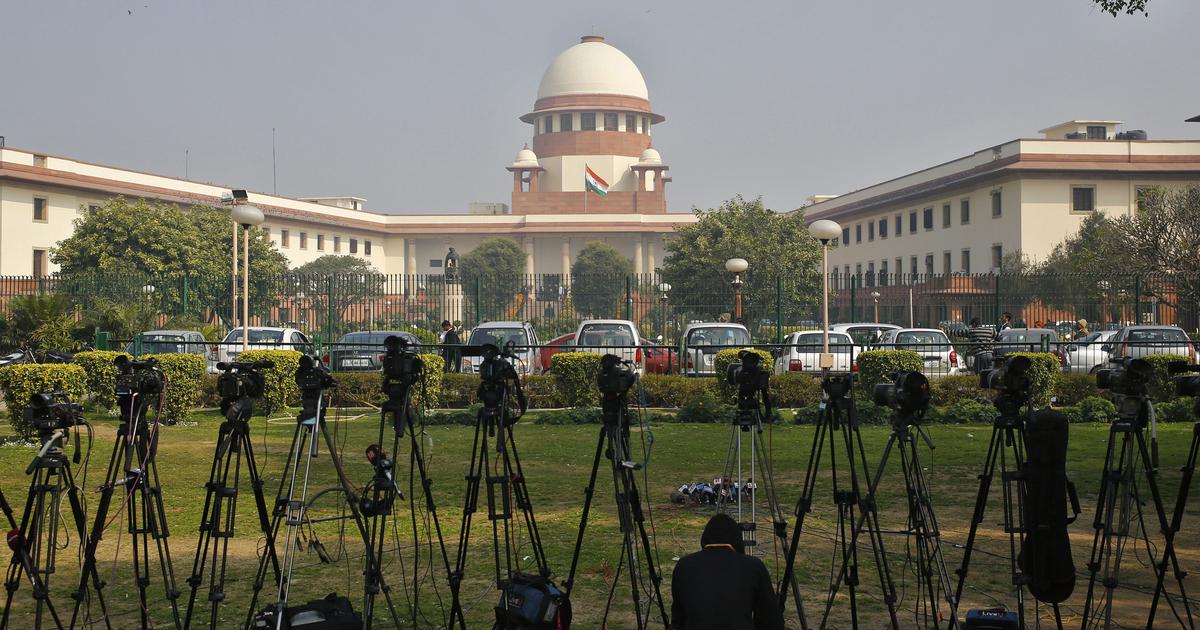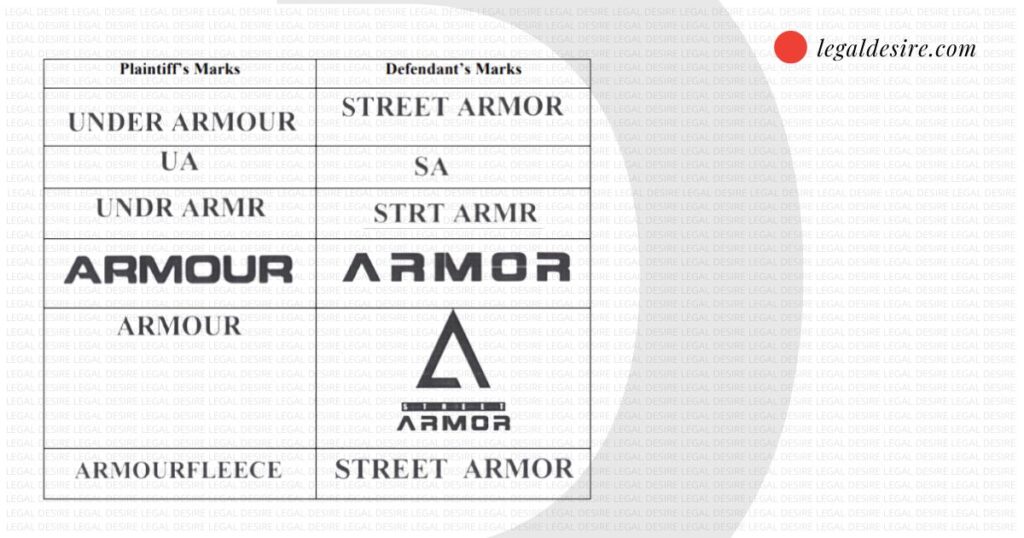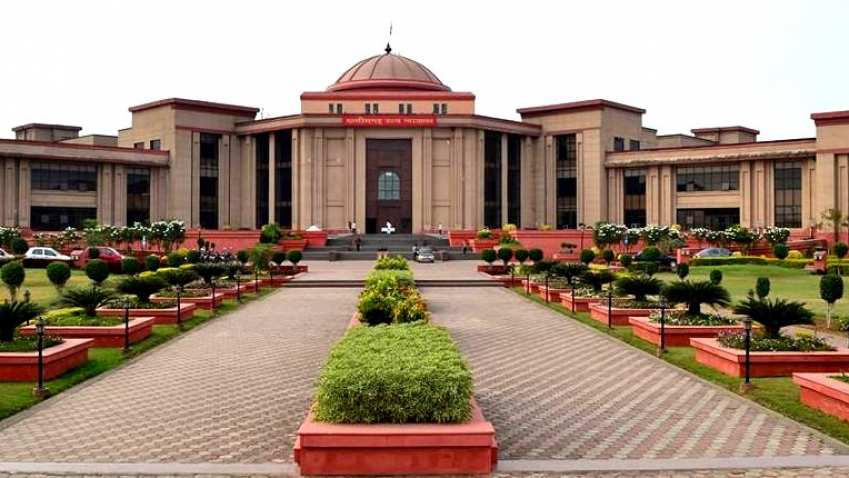Now Reading: SC: Leniency while awarding sentences depends upon the nature of the offence and its impact
-
01
SC: Leniency while awarding sentences depends upon the nature of the offence and its impact

SC: Leniency while awarding sentences depends upon the nature of the offence and its impact
A two-judge bench of the apex court on 20.02.2019 in THANGASAMY VS. THE STATE OF TAMIL NADU (CRIMINAL APPEAL NO. 698 OF 2010) dismissed the appeal challenging the judgment of the Madras High Court at its Madurai Bench, dismissing the criminal revision petition and upheld the conviction of the appellant for offences under Sections 279, 337 (3 counts) and 304-A (4 counts) of the Indian Penal Code (‘IPC’).
The bench was headed by:- JUSTICE ABHAY MANOHAR SAPRE & JUSTICE DINESH MAHESHWARI
FACTS:
The accusation against the appellant was that he caused an accident while driving a government passenger bus in a negligent manner which resulted in the death of four persons and injury of the three persons. FIR came to be registered and after investigation, the accused was chargesheeted for the offences.
The Trial Court rejected the contentions of the accused and found him guilty for which Trial Court convicted and sentenced as under:-
|
Offence u/S. |
Imprisonment for each count |
Fine sentence for each count |
Imprisonment in default of fine |
|
304-A IPC |
Four months |
– |
– |
|
337 IPC |
– |
Rs. 100/- |
One month |
|
279 IPC |
– |
Rs. 200/- |
One month |
These sentences to be served simultaneously.
The appeal was preferred by the accused-appellant against this judgment which was dismissed by the Sessions Judge, Tuticorin after re-examination of the entire evidence on record.
The accused-appellant filed a revision petition against the judgment before the Madras High Court, Madurai Bench which was also dismissed by the impugned order approving the conviction and sentencing of the appellant.
As a result he approached the Supreme Court of India.
ISSUES:
· Identity of the bus driver.
· Who was at the fault for the causation of the accident?
CONTENTIONS:
By appellants:
· There was neither any oral evidence nor any documentary proof that appellant was driving the bus and had caused the accident.
· The driver of the bus fled from the scene whose identification was a matter of serious doubt.
· Without strict proof of the identity of the bus driver, the appellant could not have been convicted in this case.
· The orders passed by the High Court and the subordinate Courts were contrary to law.
· The order of conviction was passed while completely ignoring the portion of the statements of PW-4 and PW-5 where they deposed that the accident was occurred due to rash and negligent driving of a lorry coming from the opposite direction; and further that the bus had to swerve to north instead of going south, since there was a valley like slope on the southern plank of the road.
· Kindly waive of the sentence of imprisonment with reference to the passage of time and the circumstances of the case.
By respondents:
· High court was right in its decision.
· No case for any interference was made out by looking to the gravity of the offence.
OBSERVATIONS: The court observed that:-
· The grounds on which the appellant seeks exoneration in this case were twofold:
1. that there was no evidence to prove that he was driving the bus involved in the accident;
2. in the alternative, that the incident in question took place for the reason of the vehicle from the opposite side approaching in a negligent manner.
The submissions remain totally bereft of substance.
· No leniency could be shown in awarding sentence considering the nature of the accident and considering that four persons died.
· Findings of the lower courts on deciding and proving the identity of the bus driver to be noted as they proved it with reference to the overwhelming evidence on record, including the testimony of PW1 to PW5.
· Referring the evidence on record wherein the witness, including the injured persons, uniformly stated that the accident occurred for rash and negligent driving of the offending vehicle by the appellant.
· The plea for reducing the period of imprisonment was rejected as trial court already awarded the punishments on the lower side which could had been enhanced but in absence of any such appeal on that it couldn’t be done.
HELD:
The court dismissed the appeal and directed the appellant to:-
· Surrender before the Court concerned within a period of 4 weeks from the date of this judgement.
· Undergo the remaining part of the sentence.
The trial court is free to take necessary steps to ensure that he serves out the remaining part of sentence after due adjustment of the period already undergone.
For full judgement refer: https://www.supremecourt.gov.in/supremecourt/2009/13741/13741_2009_Judgement_20-Feb-2019.pdf








